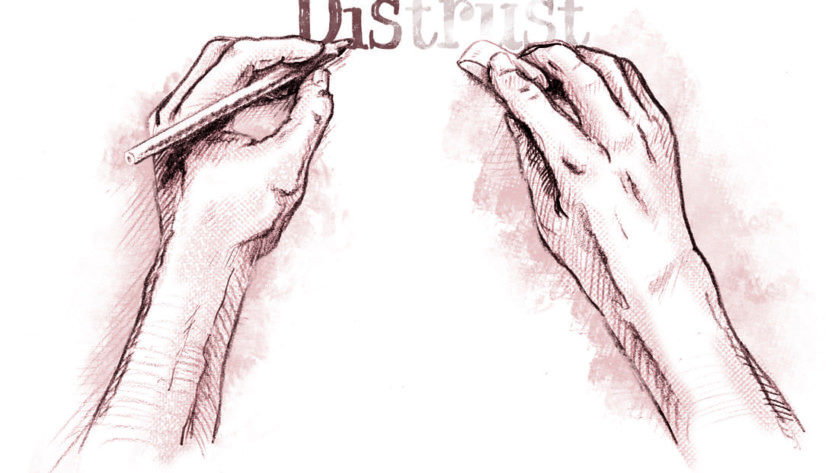Like many Pacific nations, the Republic of the Marshall Islands is in a race against time. With sea levels rising and the population affected by a succession of droughts and heavy tropical storms, the country faces existential threats that are abstractions for many other nations.
“We’re going to be at the forefront of some horrific problems in the near future and we don’t have moments to spare,” says Secretary General Jack Niedenthal.
While the Marshall Islands Red Cross has been active for several years, and receives funding, training opportunities and technical support from the IFRC, official recognition by the International Red Cross and Red Crescent Movement would help expand the scope of its work, especially during disasters and give it a greater voice on vital issues in international forums, says Niedenthal.
“To me, recognition is going to be a really important part of what we’re trying to achieve as a country, not just as the Red Cross,” he says.
Adding to the country’s problems is the legacy of nuclear testing by the United States in the 1940s and 1950s in Bikini Atoll. People were displaced and still cannot return, so toxic is the radiation level in the soil.
The remote Marshall Islands is made up of 29 atolls and 1,156 islands and is home to just over 50,000 people, the majority of whom live in the capital Majuro. But many still live in the far-flung outer islands, presenting logistical problems for both the government and the Red Cross. This is of particular concern during the country’s many droughts, one of which has the Marshall Islands currently under a state of emergency, with no rain since November 2016.
Niedenthal says the Red Cross would also like to help the government address the nation’s numerous health problems, including diabetes, hepatitis A, mumps and gout, as well as mosquito-borne diseases such as dengue fever, chikungunya and Zika virus. The country also faces many difficult social issues, including high unemployment, youth suicide, teen pregnancy, domestic violence and child abuse.
“We have a 40 per cent unemployment rate,” says Niedenthal, adding that building up the country’s 300-plus volunteer corps is top on his list. “A lot of young people want to do something for their country but don’t have the platform for it.”
 Red Cross Red Crescent magazine
Red Cross Red Crescent magazine 





 Tech & Innovation
Tech & Innovation Climate Change
Climate Change Volunteers
Volunteers Health
Health Migration
Migration